
The Ethics of Artificial Intelligence (AI) encompasses a broad range of moral principles and considerations that arise with the development, deployment, and use of AI
The World Events category covers a wide range of topics including legal issues like privacy data laws, historical events such as the fall of communism, and political discussions on government term limits. It offers in-depth analysis and perspectives on current and historical events affecting society and governance.

The Ethics of Artificial Intelligence (AI) encompasses a broad range of moral principles and considerations that arise with the development, deployment, and use of AI
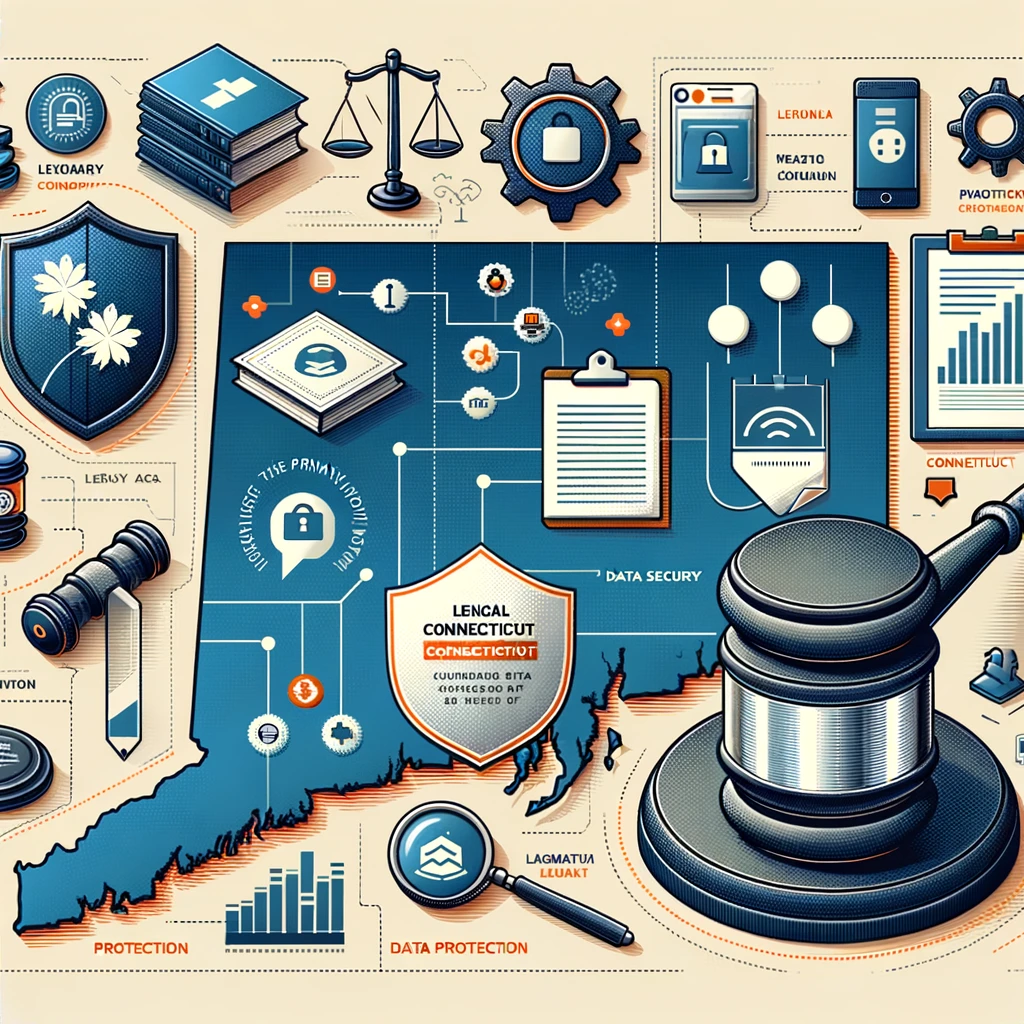
Connecticut privacy data laws are a critical framework ensuring the protection of personal information within the state. The Connecticut General Statutes, particularly section 743dd, lay

The fall of communism in Eastern Europe and the Soviet Union marks one of the most pivotal events of the 20th century, altering the geopolitical

The concept of the nation-state, once the cornerstone of political and social order in the West, is experiencing a significant transformation. This shift is largely

Globalization is a phenomenon that has had an impact on the fabric of contemporary Western civilization, fostering an interconnected world where boundaries are blurred, and

In the digital age, investigative efforts often require extracting evidence from an individual’s online activities. One critical avenue is through Internet Service Providers (ISPs). They
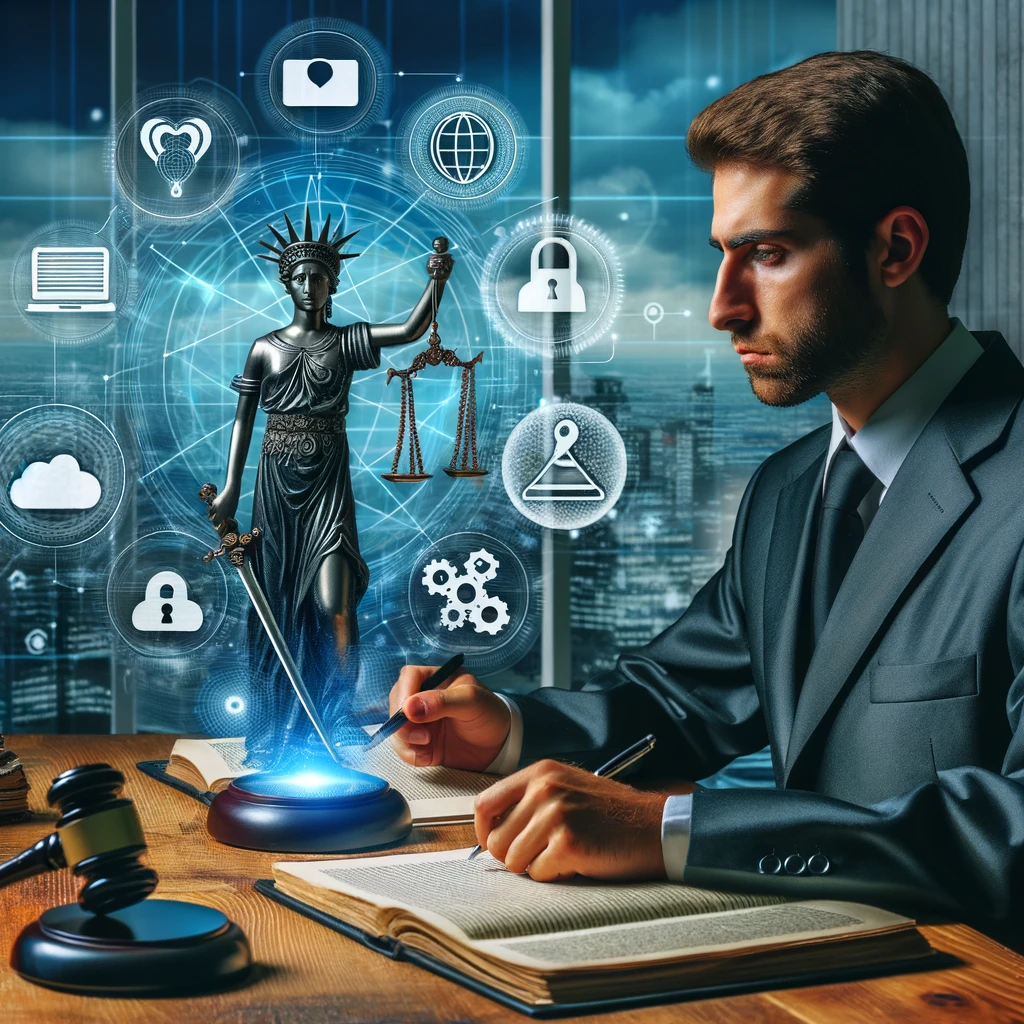
Digital Privacy and the Fourth Amendment: Navigating Modern Challenges In today’s digital age, the concept of digital privacy and our Fourth Amendment rights has evolved

The CAN-SPAM Act is a critical piece of legislation that every email marketer should be familiar with. Its rules apply to all email messages used
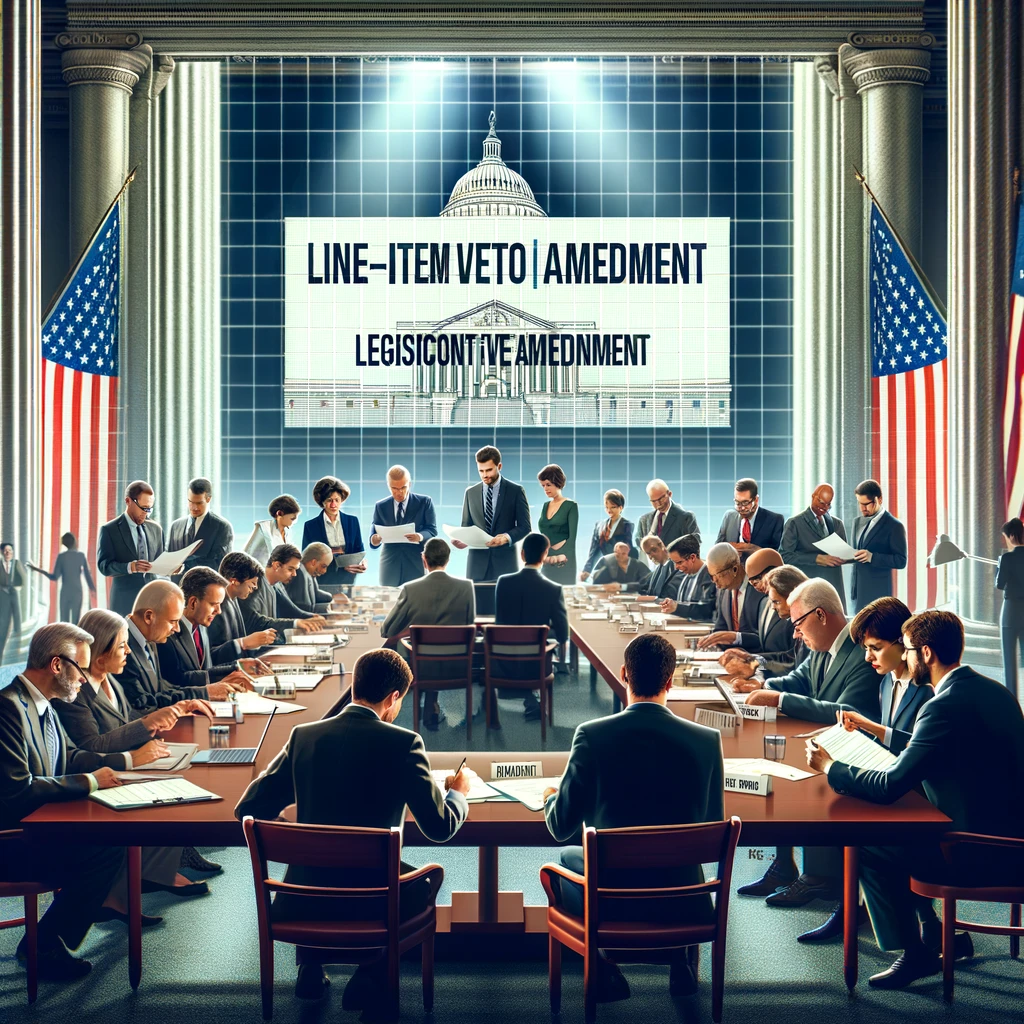
The discussion around implementing a line-item veto in the federal government highlights a crucial aspect of political reform, aiming to refine the legislative process and
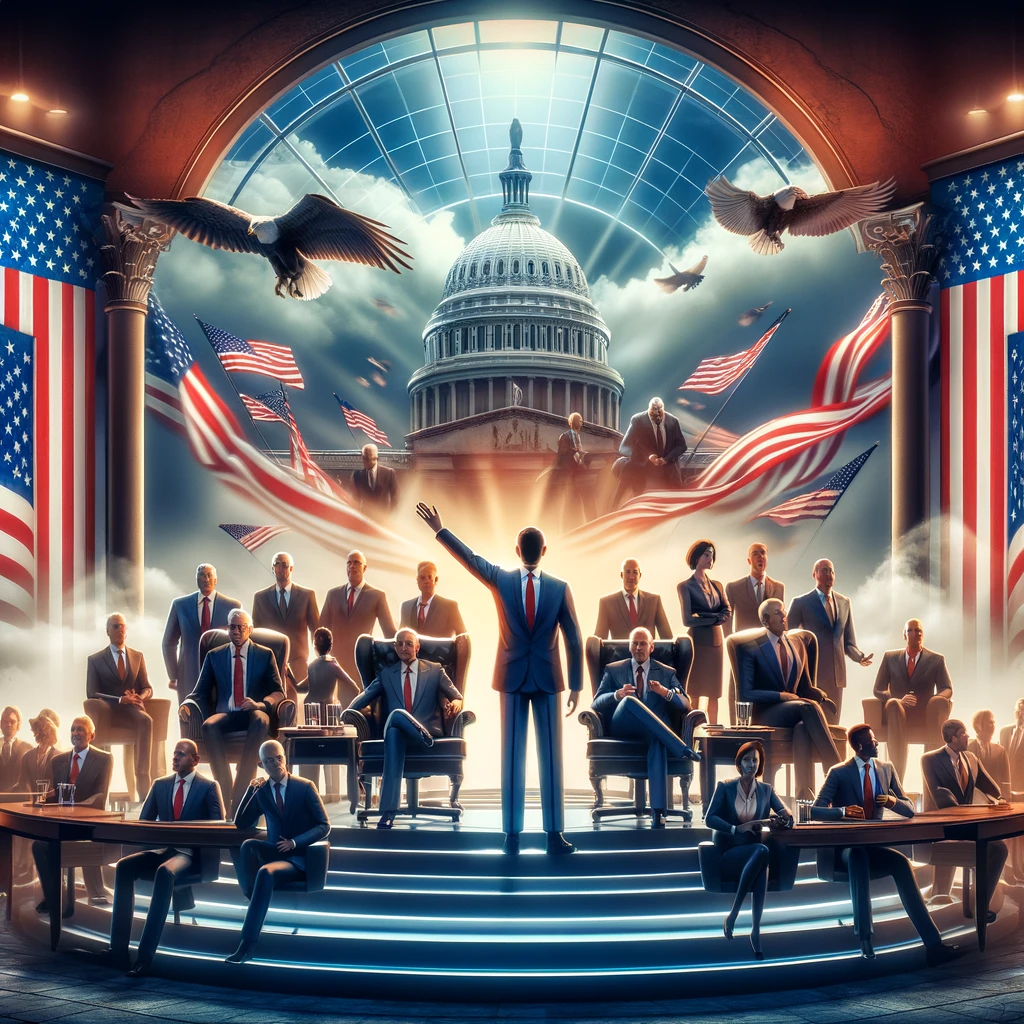
The concept of imposing term limits on members of the federal government has garnered attention as a means to rejuvenate the political landscape of the
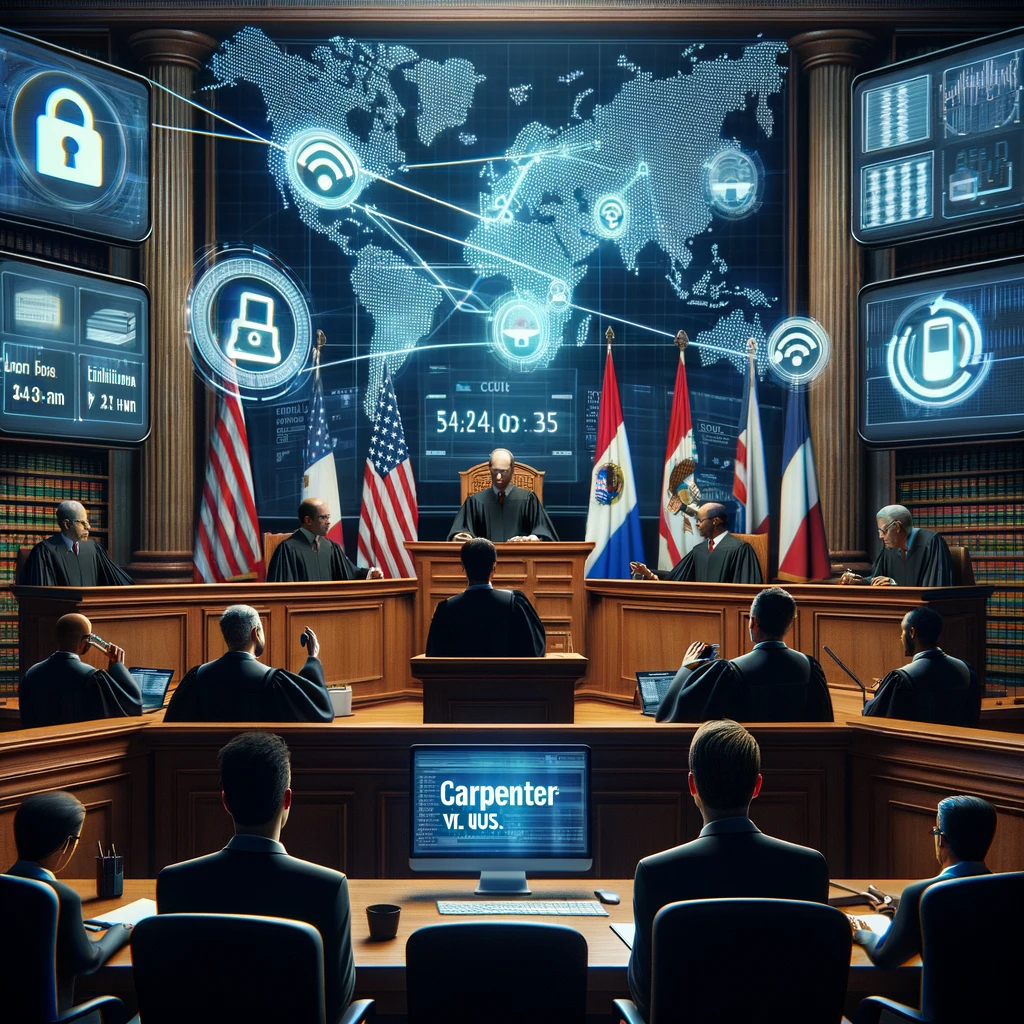
The Carpenter v. United States case represents a pivotal moment in the intersection of digital privacy and constitutional law, particularly concerning the Fourth Amendment’s application
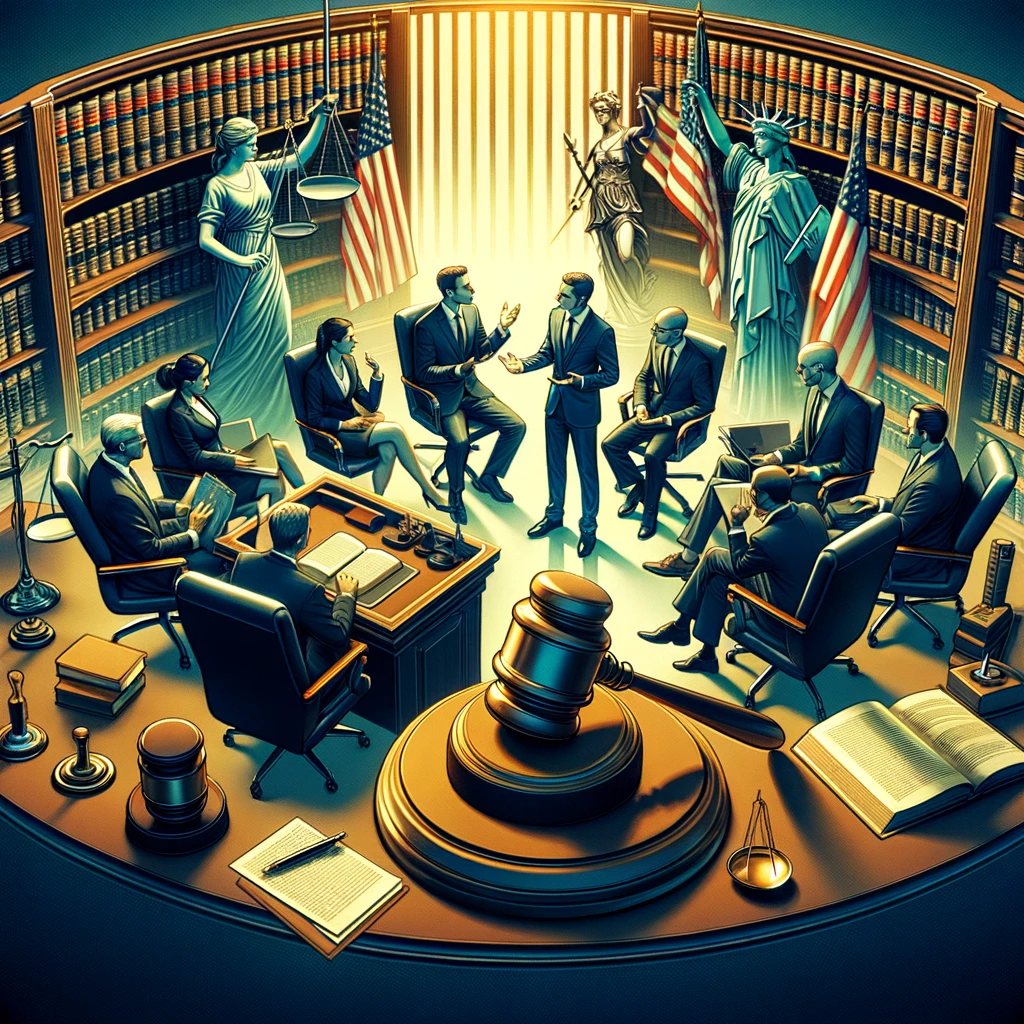
The Constitutional right to privacy is a fundamental aspect of American liberty, offering protections against unlawful searches and ensuring personal freedom. The Fourth Amendment: A